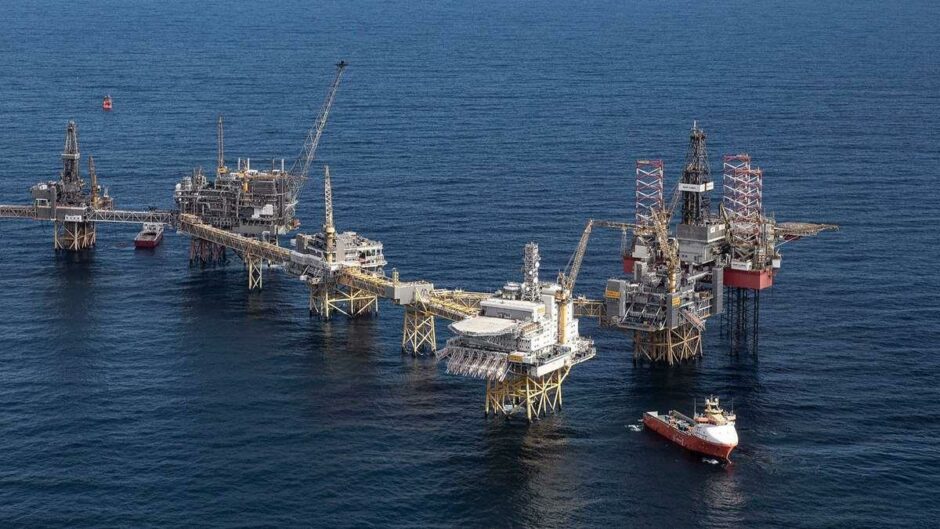
An investigation has been launched after a worker suffered “serious personal injury” on an offshore drilling rig.
A person was “subject to crushing” on Novermber 10 while carrying out work on a cantilever drive on contractor Odfjell Technology’s West Linus jack-up.
They were flown by search and rescue helicopter to Stavanger University Hospital.
It happened on the ConocoPhillips-operated Tommeliten field, which straddles the border between the UK and Norwegian North Sea.
Offshore watchdog the Petroleum Safety Authority (PSA) has launched an investigation into the accident.
The main objectives are to identify the causes of the incident and possible lessons learnt – any information will be shared with industry.
In conducting its investigation, the PSA says it will clarify the course of events and the scope of the incident, and assess its actual and potential consequences, as well as its direct and underlying causes.
Efforts will also be taken to identify nonconformities and improvement points related to the regulations, and necessary enforcement powers will be applied to correct possible regulatory breaches.
The investigation will be summed up in report that will be published in due course.
A spokesman for Odfjell Technology said the company doesn’t want to make any further comments pending the completion of the investigation.
Tommeliten A
Earlier this year the Norwegian firm, which has a regional base in Aberdeen, struck a deal with vessel owner SFL to take over management of West Linus from Seadrill.
According to a previous announcement, the rig is employed on a long-term drilling contract with ConocoPhillips in the North Sea until the fourth quarter of 2028.
ConocoPhillips received approval from UK and Norwegian authorities for the £1 billion Tommeliten A project, a subsea tieback to the Ekofisk platform around 15 miles away, in July.
The US oil giant said the North Sea development will have total capital investments of 13 billion NOK (£1bn), with Tommeliten A expected to deliver resources of 80 – 180 million barrels of oil equivalent.
The North sea project, which is mainly made up of gas condensate, is planned for start-up in 2024.
